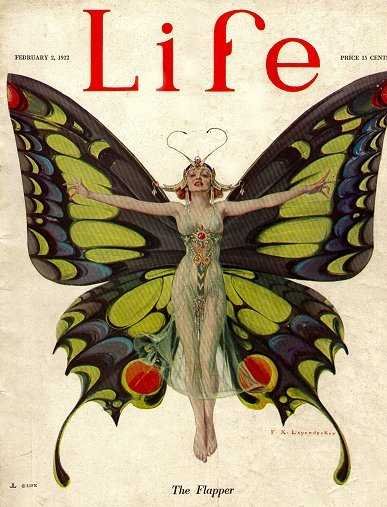10. What short-reigining queen seems more remembered for her obesity than for her intelligence and the emergence of England and eventually Great Britain as a major power in the 18th century?
From Quiz A Woman of Substance
Answer:
Anne
Queen Anne reigned for just twelve years, but during that time England arose as a world power from the endless wars in Europe, the question of whether England would remain Protestant was settled, and England (including Wales) and Scotland united to form Great Britain. (In 1801, this became the United Kingdom; Great Britain now properly refers to the island which comprises England, Scotland, and Wales).
Queen Anne herself was ill and overweight, and grieving over twelve miscarriages and three children who did not survive her. It seems that historians, academic and especially popular, remain fixated on Anne's body, although some of this comes from 18th-century Whig writers and politicians like Roger Coke and John Clerk who described her as monstrously fat, red-faced, and a compulsive eater and addict to hot cocoa. In general, however, she has been described in the most unflattering terms, either as a weak over-eater, or a once-attractive woman whose multiple pregnancies ruined her figure. Usually, those who emphasize her fatness imply incompetence, whereas those who defend her intelligence and political shrewdness tend to minimize her appearance, as though a queen could not be both fat and sharp. In the black comedy "The Favourite" (2018), she was depicted as both lustful and gluttonous, though not quite so fat. When Queen Anne was crowned, she could not walk to Westminster Abbey but had to be carried by sedan chair. When she died, she was placed in a coffin described by a contemporary as "almost square", pulled by fourteen horses, and then carried by fourteen men.
 One of the first groups of women to break away from social convention, the flappers definitely were girls who just wanted to have fun!
One of the first groups of women to break away from social convention, the flappers definitely were girls who just wanted to have fun!  One of the first groups of women to break away from social convention, the flappers definitely were girls who just wanted to have fun!
One of the first groups of women to break away from social convention, the flappers definitely were girls who just wanted to have fun!  = Top 5% Rated Quiz,
= Top 5% Rated Quiz,
 Top 10% Rated Quiz,
Top 10% Rated Quiz,
 Top 20% Rated Quiz,
Top 20% Rated Quiz,
 A Well Rated Quiz
A Well Rated Quiz